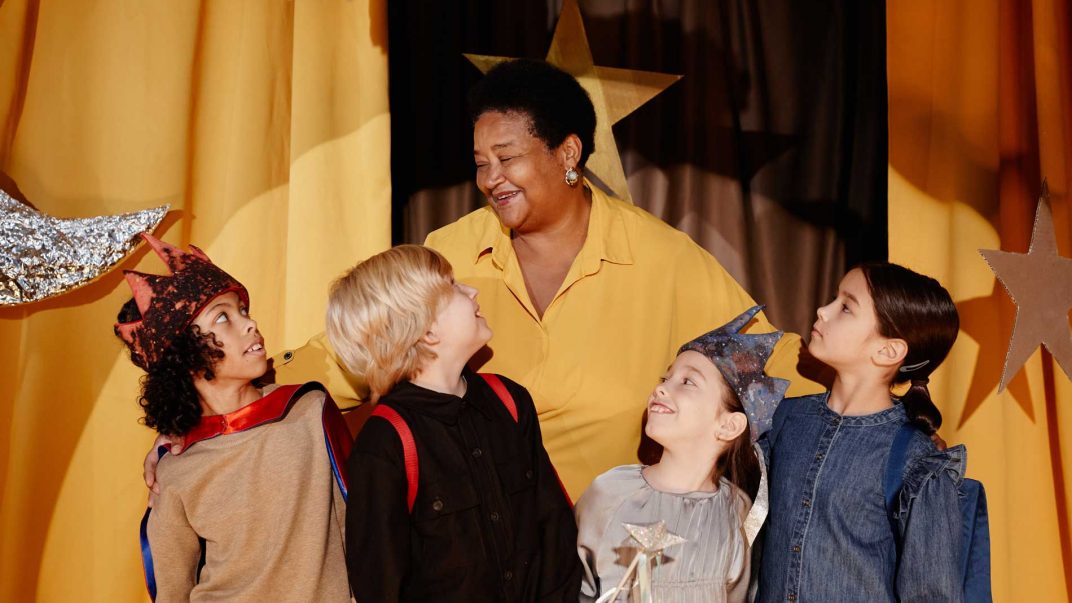Intergenerational mentorship programs: Passing down knowledge and building connections


- Intergenerational mentorship programs enable older adults to share knowledge and skills, fostering social engagement and mutual learning between generations
- Participants report enhanced self-esteem, reduced loneliness, and a renewed sense of purpose, while contributing to the community
- Evidence highlights improved well-being, mood, and cognition among older adults in mentorship programs, with some studies noting reductions in depressive symptoms
- Opportunities range from tutoring at schools to sharing professional expertise or preserving cultural traditions through community initiatives
Older adults hold a wealth of knowledge, skills, and life experience that can profoundly impact younger generations. Intergenerational mentorship programs provide a meaningful avenue for older adults to share their wisdom while fostering mutual learning and connection. These programs go beyond bridging generational divides—they create opportunities for older adults to remain socially engaged and purposeful, while younger participants benefit from valuable guidance and life lessons.
Intergenerational mentorship initiatives exist in schools, workplaces, and community organizations, helping to preserve cultural traditions, enhance career development, and strengthen social cohesion. Such programs highlight the vital role older adults play in shaping the future while also enriching their own lives. Specifically, these programs may lead to increased self-esteem, reduced loneliness, and improved sense of belonging among the older adults. Additionally, they may benefit younger participants, creating reciprocal relationships that strengthen community ties. For older adults, participating in mentorship programs can provide a sense of accomplishment and reinforces their role as valuable contributors to society, particularly when their expertise and life experiences are actively sought and respected.
What the research tells us
Evidence supports the potential psychological and social benefits of intergenerational mentorship programs for older adults. An evidence synthesis reviewing the impacts of activities outside long-term care facilities, including mentorship initiatives, found significant improvements in older adults’ psychological outcomes. Benefits included enhanced well-being, quality of life, mood, and cognition, alongside reductions in depressive and behavioral symptoms among individuals with dementia.1
Additionally, an evidence synthesis on intergenerational activities found that programs such as mentoring or tutoring may lead to increases in self-esteem and depression for older participants. However, the authors note that more research is needed due to low number of studies and small study sizes.
Tips for getting involved in intergenerational mentorship programs
- Explore community programs: Contact local schools, libraries, or community centers to find mentorship opportunities, such as tutoring programs, career guidance initiatives, or cultural storytelling projects.
- Leverage professional networks: Retired professionals can share career advice or skill-based mentoring through programs like SCORE or workplace mentoring initiatives.
- Participate virtually: Many mentorship programs offer virtual options, making it easier for older adults with mobility challenges or those living in remote areas to participate.
- Join cultural or heritage programs: Many communities have programs where older adults pass down traditions, skills, and cultural practices to younger generations, preserving heritage while building strong connections.
- Consider the time commitment: Choose programs that align with your schedule, energy levels, and interests to ensure a positive experience for both mentors and mentees.
References
- D’Cunha NM, Isbel S, McKune AJ, Kellett J, Naumovski N. Activities outside of the care setting for people with dementia: A systematic review BMJ Open. 2020 August; 10:e040753.
- Whear, R., Campbell, F., Rogers, M., Sutton, A., Robinson‐Carter, E., Sharpe, R., … & Thompson‐Coon, J. What is the effect of intergenerational activities on the wellbeing and mental health of older people?: A systematic review. Campbell systematic reviews. 2023; 19(4), e1355.
McMaster Optimal Aging Blog Posts are written by faculty, staff, PhD students, and external collaborators, and are assessed for accuracy by members of the Portal scientific leadership team.
DISCLAIMER: These summaries are provided for informational purposes only. They are not a substitute for advice from your own health care professional. The summaries may be reproduced for not-for-profit educational purposes only. Any other uses must be approved by the McMaster Optimal Aging Portal (info@mcmasteroptimalaging.org)